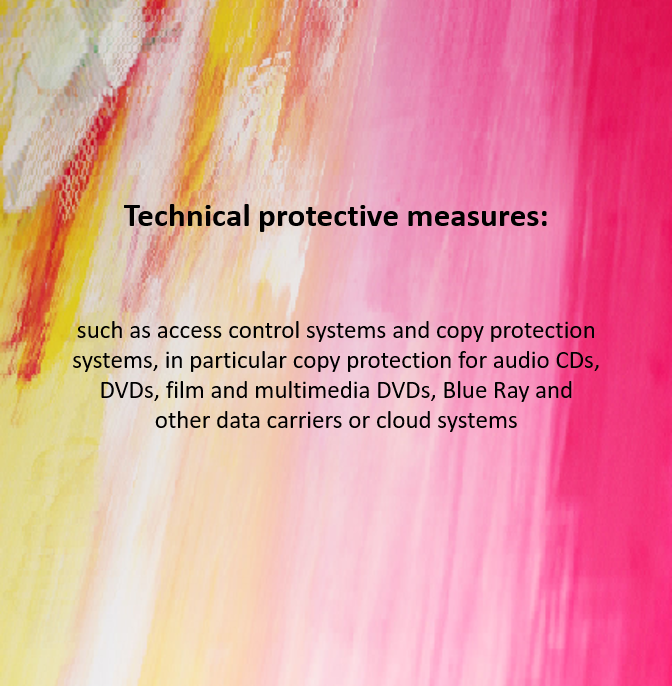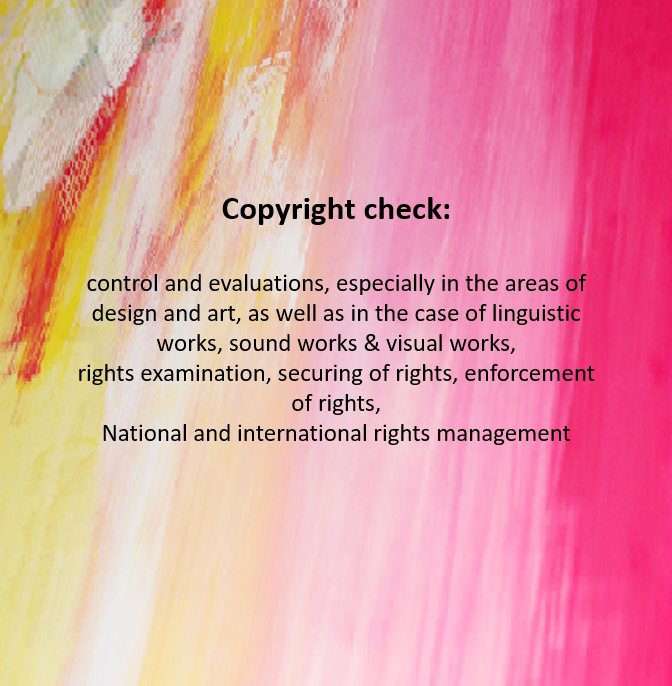The term music law, in the broader sense of objective law, encompasses all norms that deal with music. In a much more narrow sense, the term refers only to that part of copyright law applicable to music: in a way, we can confirm that the so-called “music law” just concerned the subjective copyrights of a musical piece.
A musical composition is subject to copyright as a so-called “musical work” or in German “Musikwerk”; internationally these are regulated by Art.2 section 1 of the Revised Convention of Berne (RBÜ – revidierte Berner Übereinkunft), which obliges all contracting states to protect all musical compositions, with or without text involved. According to Art. 3 section 3 of the RBÜ, improvisation is also a protectable musical work and “musical arrangements” are also protectable independently as arrangements.
The authors or owners of the musical work are the composer and/or other persons involved in the work, such as the arranger and the orchestrator.
In the case of musical works, copyright protection includes not only the right to reproduce music but also, in particular, the right to perform, which is regulated internationally in Art. 11 section 1 no. 1 and no. 2 RBÜ.
A song text can also be protected separately as a linguistic work.





